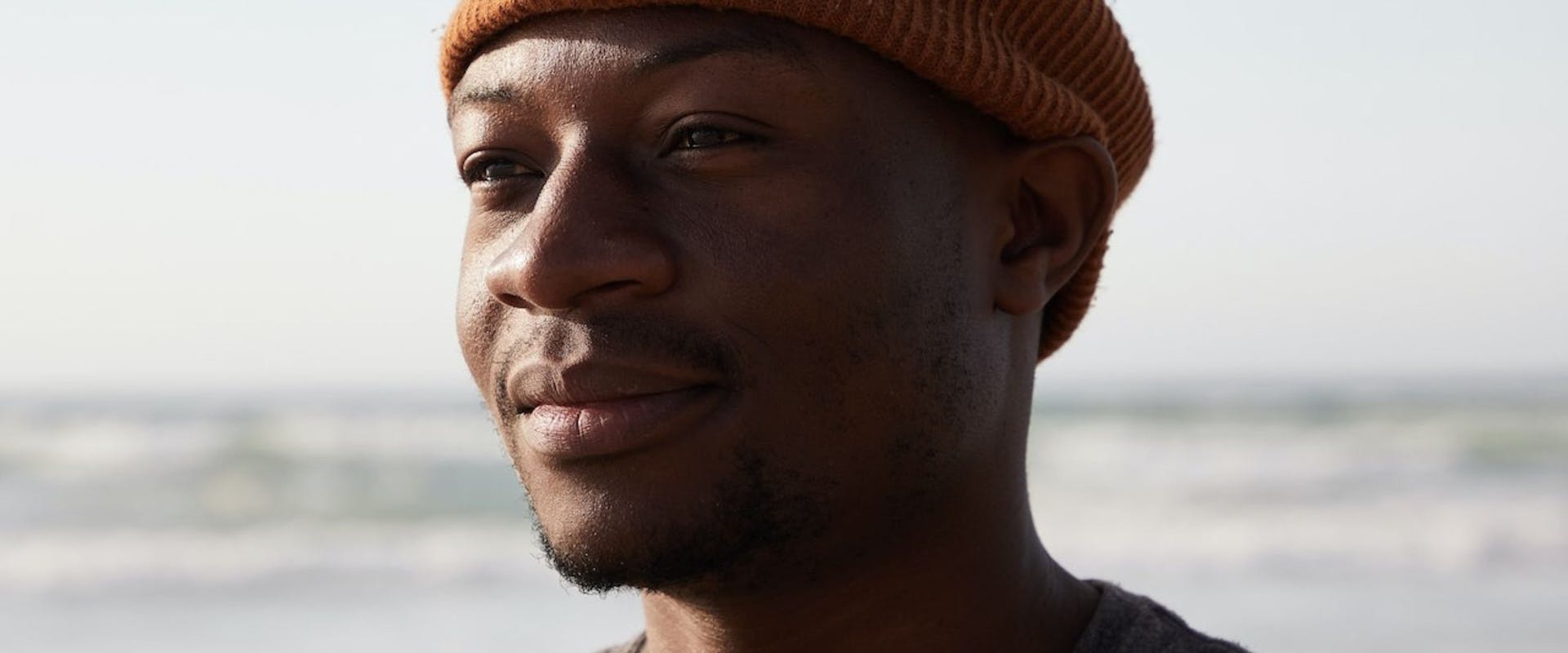What are the 'five fs' of stress and how can we tackle them?
updated on Apr 8, 2024

Stress presents itself in many forms. Learn how to spot and address it from every angle
If someone is drowning, it’s well understood that people don’t necessarily thrash – survival instinct kicks in, and they can look calm to an untrained eye. Yet, when we’re metaphorically drowning in life, we forget to apply that principle.
If we could learn to spot subtle signs of drowning in stress, we could really change our relationship with it, and how we can be there to help each other.
I actually have a story which really epitomises this secret stress bubbling away. I was halfway through a six-week hike, when a friendly man approached me with some almonds. Despite his kind intent, I shut down. I was weary, my body was tired, and I was on the verge of quitting. Feeling out of sorts, in unfamiliar surroundings, I became hyper-vigilant.
I remember watching him take my hand and turn it around. I froze as he put nuts into it. My heart pounded. I threw the almonds to the ground and cried. Feeling incapacitated, already stressed, in open land with little way to get help if I needed to, my body only registered a threat.
While we’re familiar with the terms fight and flight – the response when faced with danger, preparing you for action – there are actually five ‘fs’: fight, flight, freeze, flop, and fawn. What happened to me, in this instance, was a mix of freeze and flop.
So, how can you identify and address each ‘F’?
Fight
In fight mode, you’re tackling things head-on. Full of adrenaline, your thoughts take a back seat as your heart rate increases, pumping blood throughout your body. You might take more risks, like running into a road to save a child. This can feel primal. Be aware of what’s happening in your body, and remember to take a breath. It will be important for you to take time out after a period of stress to let your body settle and recover.
Flight
Problems don’t feel like challenges to be tackled, but obstacles to be avoided. You feel vulnerable, tight in your chest and gut, and instinctively want to avoid, run away, or retreat. You might be very aware of the exit signs in an enclosed space, and may even figure out your escape routes in advance. If your pattern is to flee, place your feet on the ground and breathe deeply and slowly. Stick with your discomfort, and allow it to pass. This will give you time to explore your options. What do you need to make this situation less stressful?
Freeze
You’re like a rabbit in headlights, and your feet feel stuck to the ground. This can happen when escape isn’t possible, because running may lead to a chase, or fighting back invites more attacks. In this state, it is difficult to make any decisions, and sometimes you can’t ask for help because you don’t know what to ask for. It can also feel like all your senses are blocked, and all your energy is locked inside your body with no way out. If this happens to you, let the blankness in for a while; let it be and don’t try to change it. Paradoxically, this will make it pass. This can be helpful if you’re performing on stage, and your mind goes blank.
Flop
You might faint, feel dizzy, or dissociate – disconnecting from your thoughts, feelings, or sense of self to cope with the stress. This can be short-lived or last a long time. If you know you’re liable to black out or faint, try letting people know in advance so they’re aware to look out for you. If you spot someone in a predicament and they appear in a state of flop, let them know you’re there, they’re safe, and place your hand out so that they can take it if they wish to, giving them agency.
Fawn
This happens when you move closer to the threat causing you stress, because this is what’s keeping you safe. Sometimes, this can serve you well; other times, you can enter into scenarios you’d rather not be in. For example, making you bite off more than you can chew at work, or you befriend somebody you intuitively feel uncomfortable around out of fear of displeasing them. It can be helpful to ask yourself this question in advance: what penalty do you picture for saying no? What can you deduce from this?
We aren’t always in control of how our stress and responses to threats show up, but understanding that it’s your body’s innate way of keeping you safe will help you cope with it better.
Katerina Georgiou is an individual and group gestalt psychotherapist and author of 'How to Understand and Deal with Stress'. Find more on the Counselling Directory.

